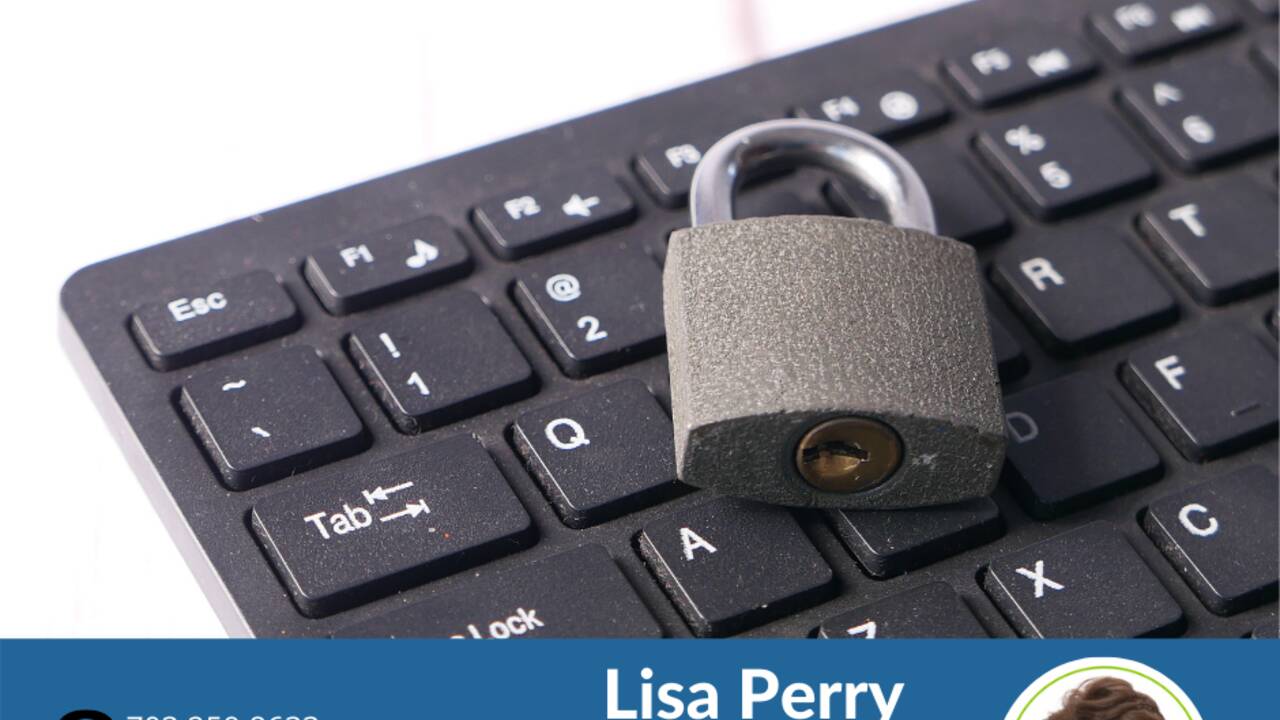Here are some tips to help you protect yourself from coronavirus scams:
Do your homework. Make sure to verify the identity of any company, charity, or person that contacts you regarding COVID-19. Be particularly cautious of any unsolicited emails requesting your personal information for medical purposes. Legitimate medical providers and health authorities will not contact you this way.
Ignore online offers of a vaccine, cure, or treatment for COVID-19. This includes offers for home test kits. Scammers are trying to get people to purchase products that aren’t proven to prevent or treat this disease. Remember: If this is a medical breakthrough, an unsolicited email, online ad, or sales pitch won’t be the first time you hear about it.
Check up on charities. Research all charities and crowdfunding sites asking for donations related to COVID-19. Remember, if the person requesting a donation is rushing you to give, or wants the donations in cash, gift cards, or money wire, it’s probably a scam. You can visit the Federal Trade Commission (FTC) website to learn how to verify a charity.
Protect your devices. Check and ensure that the anti-virus and anti-malware software is up-to-date and operating on your computer and other devices.
Pay attention to the details. Watch out for emails and websites claiming to be from health authorities. Scammers often use addresses that are just barely different from the organizations they are impersonating. For example, a scammer trying to impersonate the Centers for Disease Control and Prevention domain cdc.gov may use cdc.com or cdc.org. Pay close attention to these details and use the actual websites for the World Health Organization (WHO) and the Centers for Disease Control and Prevention (CDC) for the most up-to-date information about the coronavirus.
Remain vigilant with your investments. Be wary of so-called investment opportunities related to coronavirus, particularly any opportunities based on claims that a small company’s services or products can stop COVID-19. For more information on avoiding investment fraud, visit the SEC website.
Do not “sign up” or provide your personal information to anyone for your stimulus check. If you filed taxes for 2018 and/or 2019, the federal government should have the information necessary to send your money. If you have not filed taxes recently, you may need to submit a tax return to get your check. You can learn more about that by visiting the Internal Revenue Service (IRS) website. Anyone calling or sending an email to ask for your Social Security or financial information is likely a scammer.
Source:https://fhmtg.com/2020/04/05/protect-yourself-from-scams-during-covid-19/




Comments(2)